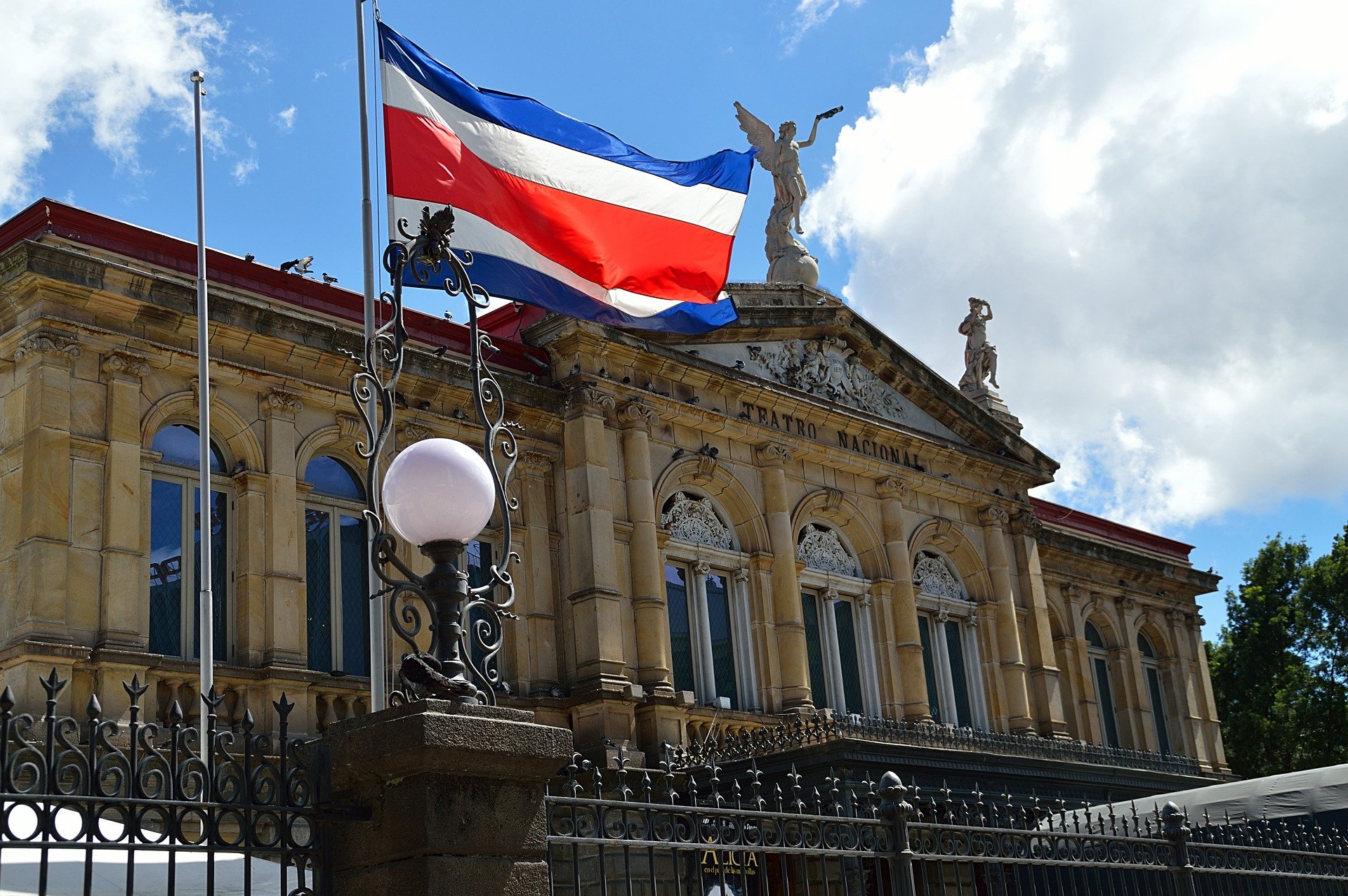Proposed Changes to the Perpetual Tourist Visa Stamp

Costa Rica has long been a haven for North American expatriates, offering a tropical climate, friendly communities, and a relatively straightforward immigration process. Traditionally, tourists from visa-exempt countries, including the United States and Canada, were granted a 90-day tourist visa upon arrival. To extend their stay beyond this period, many expats engaged in "visa runs," temporarily exiting the country to neighboring nations like Nicaragua or Panama and re-entering to reset their 90-day allowance.
In September 2023, Costa Rica implemented a significant change by extending the maximum tourist visa duration from 90 to 180 days for citizens of Group One countries, which include the U.S., Canada, and most European nations. This extension allows tourists to remain in the country for up to six months without the need for a visa run. However, it's important to note that the 180-day visa is granted at the discretion of immigration officers upon arrival, and travelers must present a return ticket scheduled within this period. costaricaresidencycard.com

WHAT'S NEW?
Building upon this change, Costa Rica has proposed new legislation aimed at regulating tourist visas more stringently to prevent indefinite stays and strengthen immigration control. The proposed law introduces several key provisions:
- Mandatory 90-Day Exit Before Re-Entry: Tourists who reach their maximum 180-day stay would be required to remain outside Costa Rica for 90 days before re-entering. This measure aims to discourage the perpetual use of tourist visas for long-term residency.
- Increased Fines for Overstaying: The law proposes higher penalties for those who overstay their legal period—$300 per month for tourists and $100 per month for other foreigners. Failure to pay these fines could result in an entry ban lasting three times the duration of the overstay.
- Exceptions to the 90-Day Exit Rule: Certain categories, such as temporary residents, business travelers, journalists, foreign professionals on official invitations, digital nomads working remotely for foreign companies, and individuals seeking medical treatment in Costa Rica, would be exempt from the 90-day re-entry ban.
For North American expats planning to spend more than 180 days per year in Costa Rica, these proposed regulations underscore the importance of pursuing legal residency options. Relying solely on tourist visas may soon become impractical due to the mandatory exit periods and increased enforcement measures. Initiating the residency process not only ensures compliance with immigration laws but also provides benefits such as the ability to open local bank accounts, access to the national healthcare system, and greater stability.
For a detailed, step-by-step guide on the residency process, please refer to our previous blog post: Becoming a Costa Rican Resident: A Step-by-Step Look at the Process.
Embracing legal residency is a proactive approach that aligns with Costa Rica's evolving immigration policies and ensures a seamless and enriching experience in this beautiful country.
